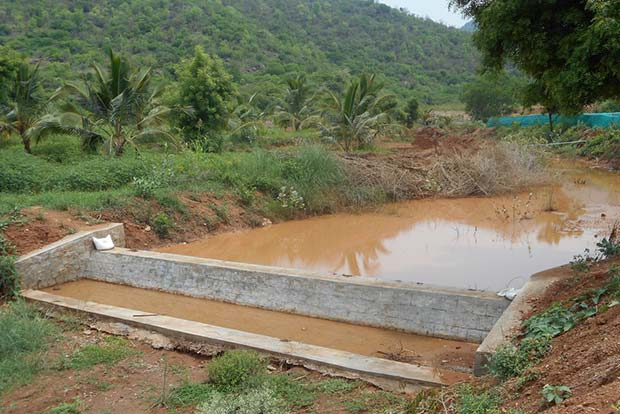Begin typing your search...
Dug wells indicate lifestyle change in Jawadhu Hills
The spurt in applications for dug wells among tribals of the Jawadhu Hills could be the forerunner for lifestyle changes among the community once the lockdown ends.

Chennai
Tribals traditionally cultivated Samai (little millets) and Varagu (Kodo millets) in their farms till the State government provided them dug wells. Then they slowly switched over to paddy.
However, construction of more than 300 check dams under various schemes by the rural development department and the recent rain has resulted in most check dams brimming with water. While this augurs well for the cultivation of the regular crops, what has lead to an anticipation of lifestyle change is that many tribals, who went to work in the pepper plantations of Karnataka, were unable to return home due to the lockdown.
“Though in demand in that State because of their agility and slim builds, they miss their homes and being unable to return has added to their woes. Even if they are willing and able to risk the travel, local tribals who are aware that flouting quarantine norms could result in death have threatened those returning from Karnataka will not be allowed inside the hamlets,” an official said. To buttress their decision, most hamlets barricaded their entrances with thorny bushes (metal barricades are unheard of in the hills).
When the district administration headed by collector KS Kandasamy offered them a chance to make a living through horticultural produce, he ensured them water by promising them dug wells. “With a population of slightly less than 1 lakh (voters number slightly more than 67,000) living in 47 hamlets attached to 11 village panchayats, more than 300 have applied to the horticultural department with relevant documents for dug wells, which cost Rs5.33 lakh each,” a senior official averred.
The government had sanctioned Rs 16 crore for the wells and its sites were marked by a team of 9 officials. “We are now waiting for the lockdown to be lifted so that we can get tribals to work under the Mahatma Gandhi National Rural Employment Guarantee Scheme. Once the wells are completed – within 45 days to 90 days depending on the soil type – most tribals plan to raise cash crops like litchi and pepper for which they have already approached the department for advice. This will ensure that they will not have to go elsewhere for a living,” the official added.
Visit news.dtnext.in to explore our interactive epaper!
Download the DT Next app for more exciting features!
Click here for iOS
Click here for Android
Next Story



